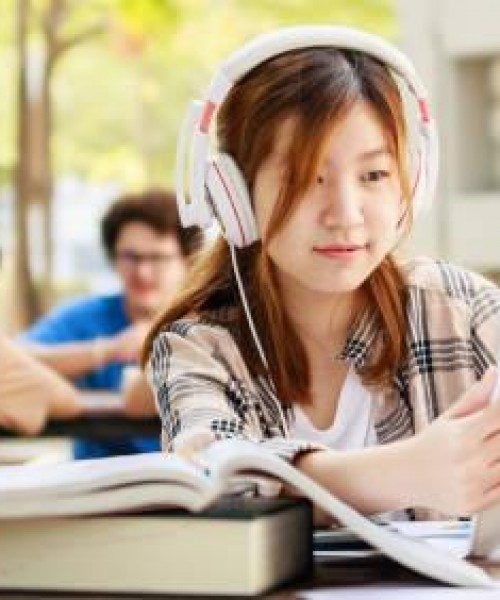在香港,实际上有政策,综合教育,帮助受损的学生。综合教育意味着主流的学校可以提供一些特殊安排那些受损的学生。然而,这是一个政策不够好,实际上不能为受损的学生提供帮助。例如,根据图中所示的研究由平等机会委员会(bgi,2012),我们可以看到,超过40%的教师不熟悉这个政策,他们中的大多数不同意他们是训练有素的。这表明主体的60%,49%的教师和44%的专家不同意他们的教学材料收到足够的培训在综合教育。此外,由于自己的不足,因为培训和资源不足,几乎30 - 50%的人不愿意为受损的学生提供帮助。现在我们也看到评论收集的平等机会委员会(bgi,2010)从公众对他们的偏好使受损的学生接受教育的主流学校。我们可以看到,几乎40%的人反对这个建议。他们不同意学生应该有权进入受损一般学校。
美国爱荷华大学论文代写:残疾的定义
In Hong Kong, there is actually policy, integrated education, which may help the impaired student. Integrated education means that the schools from the main stream may provide some special arrangement for those impaired students. However, it is a policy that is not fine enough and actually cannot provide help for the impaired students. For example, according to the figure shown in the study conducted by Equal Opportunities Commission (EOP, 2012), we can see that over 40% teachers are not familiar with this policy and most of them actually disagree that they are well-trained. It shows that 60% of principals, 49% of teachers and 44% of professionals disagree that their teaching stuff receives sufficient training over integrated education. Moreover, due to their own insufficiency because of the inadequate training and resources, almost 30-50% of them are not willing to provide help for the impaired students.Now we may also see the comments collected by Equal Opportunities Commission (EOP, 2010) from the general public towards their preference on allowing the impaired students to receive education from the main stream schools. We can see that almost 40% of them object this suggestion. They disagree that the impaired students should have the right to enter the general schools.










